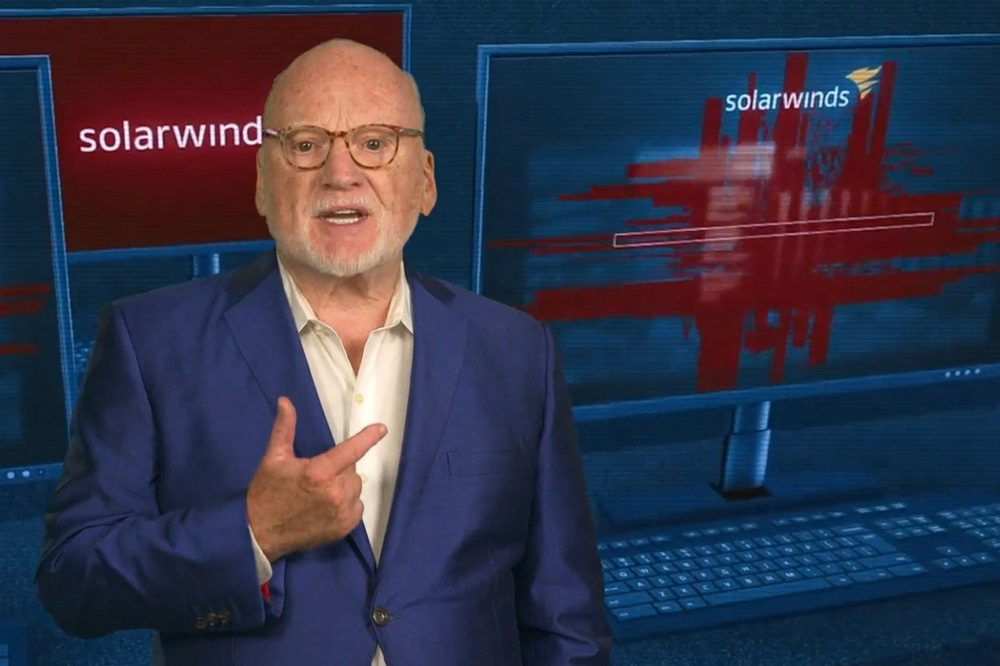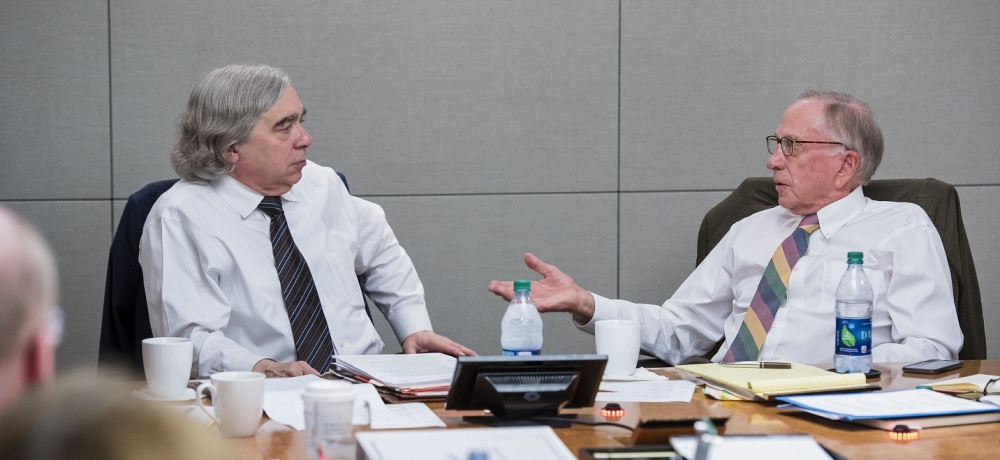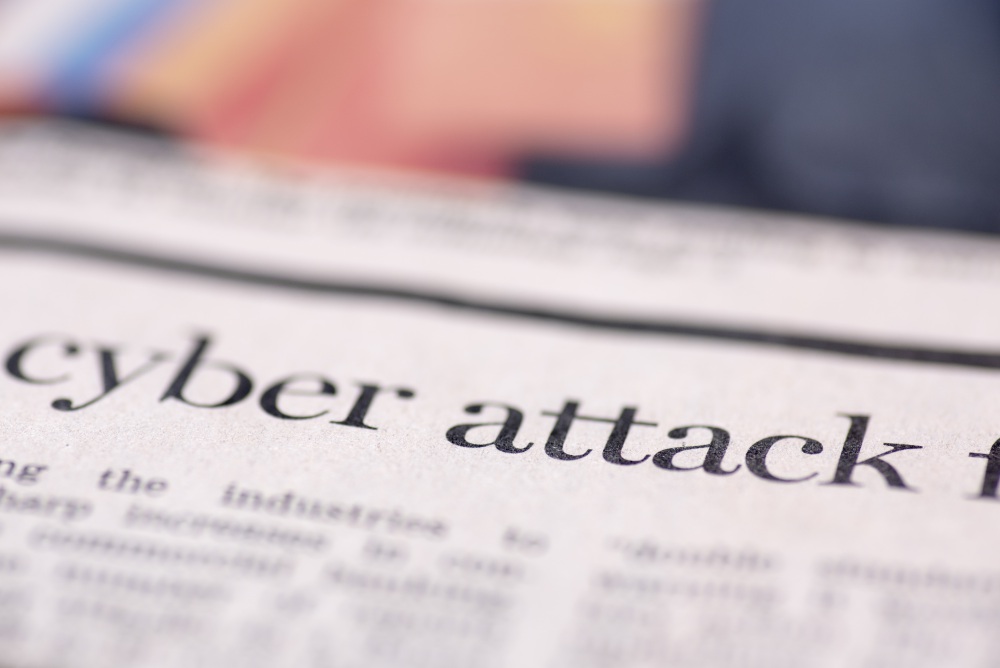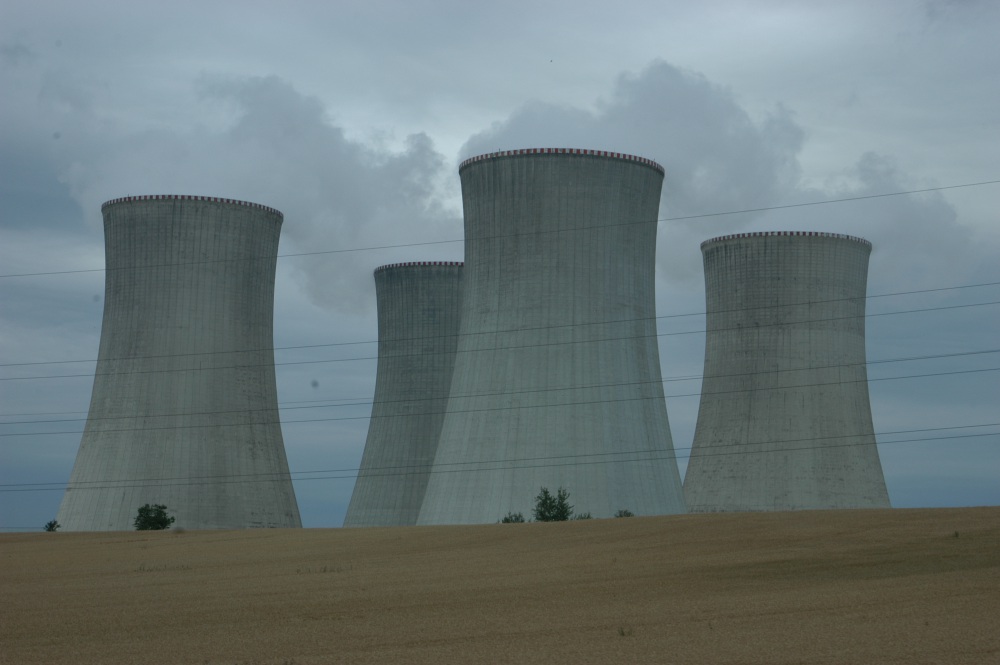
New Video Breaks Down the Cyber-Nuclear Threat
A new video featuring national security expert Richard A. Clarke explains the cyber-nuclear threat and why we should all be worried about hackers gaining access to our nuclear weapon systems.
Nuclear Threat Initiative is in place at the 2019 Munich Security Conference (MSC) where Co-Chairs Ernest J. Moniz and Sam Nunn, along with members of the Euro-Atlantic Security Leadership Group (EASLG), are releasing statements aimed at improving crisis-management and stability in the Euro-Atlantic region and encouraging international cooperation towards improving cybersecurity around nuclear weapons systems. Signatories include nine former military leaders from six countries, three former Supreme Allied Commander Europe or SACEURs, four former Ministers of Defense, three former Foreign Ministers, one former Energy Secretary, and two former intelligence chiefs. On Feb. 14, on the margins of the MSC, NTI | bio and partners Georgetown University Center for Global Health Science and Security, the Center for Global Development, and Talus Analytics hosted a tabletop exercise focused on coordinating international response to deliberate biological events.
EASLG Offers Recommendations to Improve Euro-Atlantic Strategic Stability
In a statement titled, “Support for Crisis Management Dialogue and Strategic Stability in the Euro-Atlantic Region,” EASLG leaders Des Browne, Wolfgang Ischinger, Igor Ivanov, and Sam Nunn address the diminishing NATO-Russian capacity to effectively respond to regional crises due to disintegrating communication channels. The risk of misunderstanding and escalation into nuclear conflict has risen to “dangerous levels,” Nunn recently told Bloomberg, and action must be taken to bring the world back from the brink of catastrophe.
The statement, released jointly by the EASLG, the European Leadership Network (ELN), the MSC, NTI, and the Russia International Affairs Council (RIAC), makes three key recommendations to mitigate these threats. First, world leaders need to examine areas of bilateral and multilateral crisis management that are currently in use. Second, they must identify and resolve “gaps” in the Vienna Document to increase confidence and transparency. Third, leaders should examine the potential of the Organization for Security and Cooperation in Europe’s (OSCE) Structured Dialogue as a forum for dialogue and improved crisis management.
To read the statement and see the more than 40 signatories, click here.
EASLG Promotes Cooperation to Tackle Cyber Threat to Nuclear Weapons Systems
In a second statement, the EASLG responds to the evolving cyber threat to nuclear weapons systems. The statement emphasizes that the speed and challenges of attribution of any particular cyberattack make it nearly impossible to anticipate, deter, and defend against all cyber threats aimed at critical infrastructure.
The joint statement by the EASLG, ELN, MSC, NTI, and RIAC offers two urgent recommendations to minimize the chance of compromise to nuclear weapons systems. First, the statement promotes the initiation of bilateral dialogue between the United States and Russia to foster a shared understanding of the current threat. Second, the statement recommends increasing multilateral engagement and cooperation to reduce cyber threats to nuclear weapons systems across the globe.
To read the statement and see the more than 40 signatories, click here.
NTI | bio Hosts Senior Leaders Tabletop Exercise on International Response to Deliberate Biological Events
On Feb. 14, NTI’s biosecurity program convened senior officials and experts in public health, humanitarian response, and international security, including NTI Co-Chairs Moniz and Nunn.
The half-day event identified gaps in the international architecture for preventing, detecting, and responding to high consequence biological threats—particularly deliberate events. Participants discussed key challenges and made recommendations for improvements in global capabilities and systems to respond to biological attacks.
The tabletop exercise was made possible by generous support from Global Affairs Canada’s Weapons Threat Reduction Program and the Open Philanthropy Project and was convened in partnership with the Georgetown University Center for Global Health Science and Security, the Center for Global Development, and Talus Analytics. NTI will publish outcomes from the event.
See NTI’s interactive to learn more about global capacity to prevent, detect, and respond to deliberate biological events and the need to take urgent action: www.timeisnow.nti.org.
ELN Offers Recommendations to Improve NATO-Russian Relations in New Report
Complementing the EASLG statement on the importance of an improved NATO-Russian relationship for the future of Euro-Atlantic stability, the ELN recently released a report on the prospects for a stable NATO-Russian relationship. The report offers two sets of recommendations: one for immediate implementation and one for future execution if relations improve. The first set stresses the need to increase opportunities for dialogue in the current climate; the second aims at improving the quality and content of the dialogue that has yet to be established.
Read the executive summary and download the full report here.
Sign up for our newsletter to get the latest on nuclear and biological threats.
A new video featuring national security expert Richard A. Clarke explains the cyber-nuclear threat and why we should all be worried about hackers gaining access to our nuclear weapon systems.
Page Stoutland, NTI’s Vice President for Scientific and Technical Affairs, draws attention to the possibility of a cyber breach to nuclear systems.
NTI experts address the US-India nuclear security relationship and the need for focus on cyber threats to nuclear security at the Institute of Nuclear Materials Management Conference


